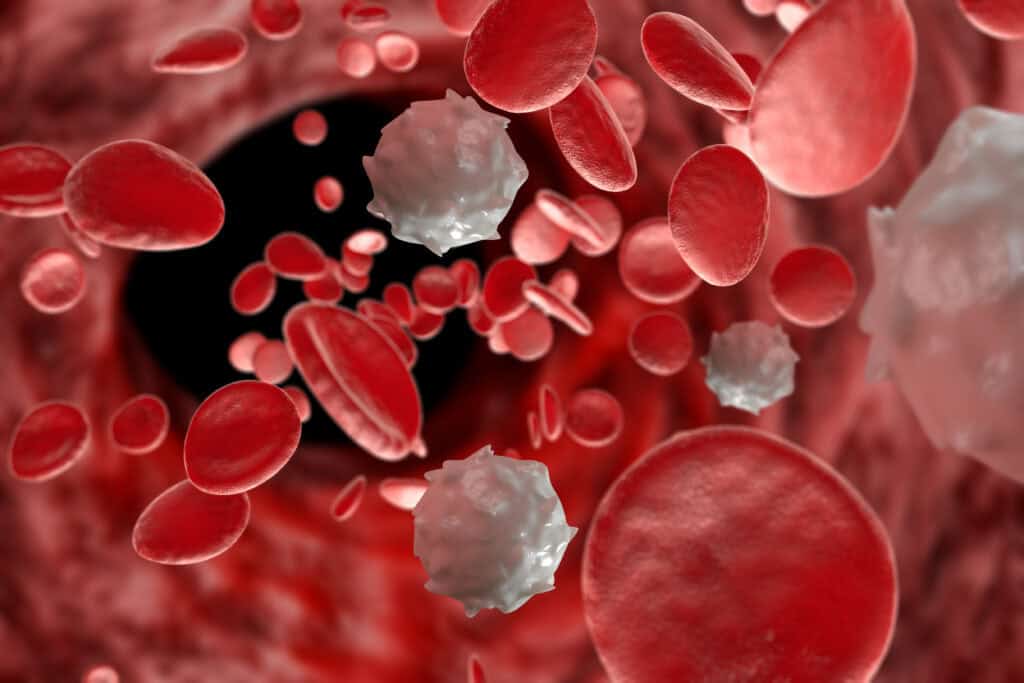The correlation between obesity and cardiovascular disease (CVD) has long been understood – and with CVD comes increased risk of heart attack or stroke, occurring when platelets in the blood form clots that block blood flow. Less is known on the impact of an obesogenic diet on platelet activation or function. ACNC Investigators aimed to examine the effect of an obesogenic diet on markers of platelet activation using flow cytometry. Laboratory mice were fed Obesogenic diets (high in fat, sugar and salt) or Control diets for 20 weeks. At 12, 16 and 20 weeks on diets, platelets were collected and stained to visualize glycoprotein Ibα (GPIbα), P-selectin and the conformationally active state of αIIbβ3 (a platelet specific integrin) after collagen stimulation. At all timepoints, mice fed the Obesogenic diet had reduced GPIbα and αIIbβ3 expression in platelets, while P-selectin levels were unaffected. However, P-selectin levels were diminished in mice fed the Obesogenic diet in a genetic GPIbα− subpopulation. These data indicate that an obesogenic diet persistently primed platelets towards a blunted activation response indicated by reduced active αIIbβ3 and P-selectin surface expression, providing early evidence of an influence of diet on platelet activation and revealing that platelet activation is susceptible to dietary intervention.

